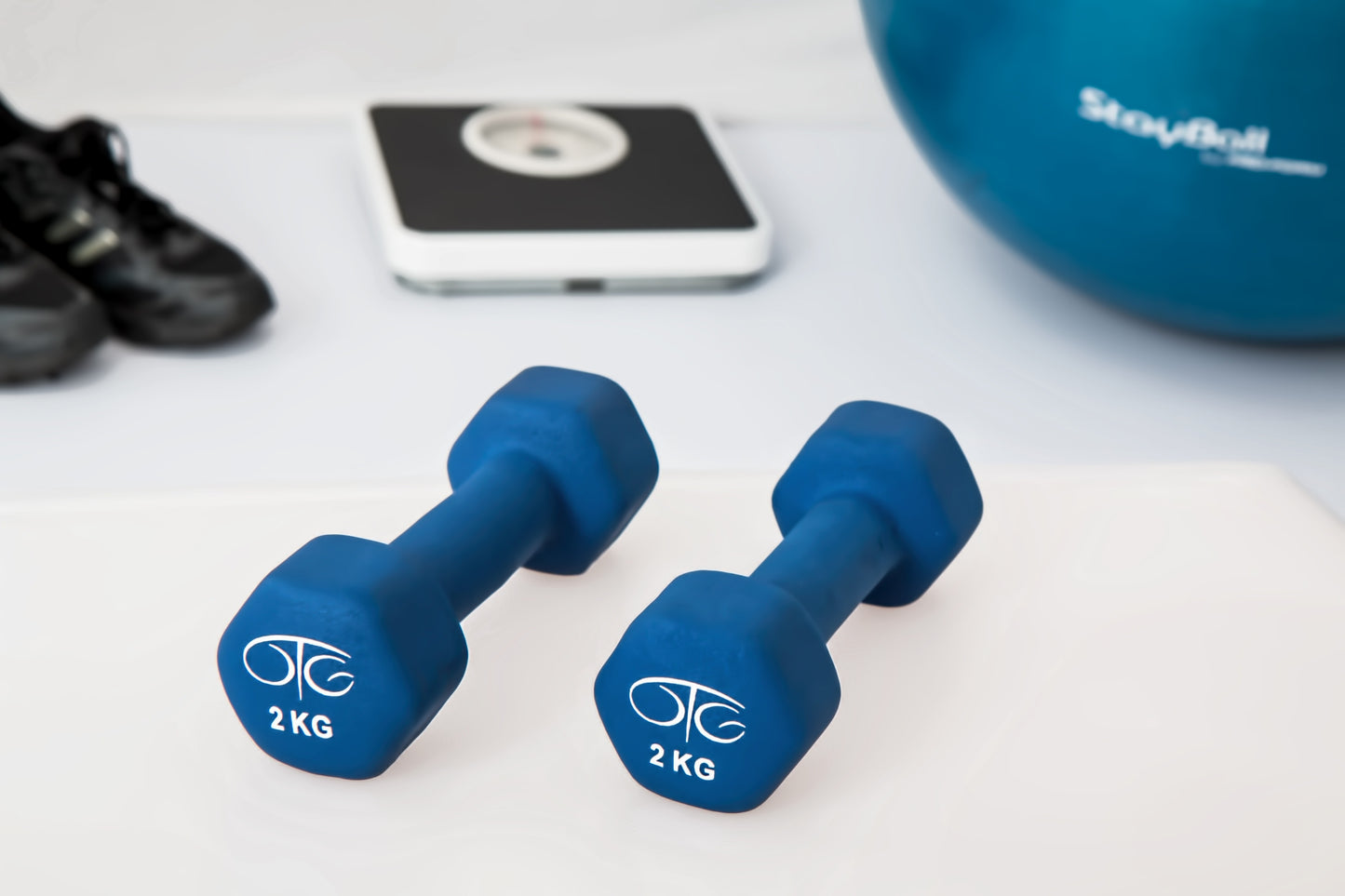
10 Essential Steps to Enhance Your Post-Workout Recovery
Brad King, MS, MFS
Revamp your fitness regimen with these comprehensive steps that promise improved post-workout recovery, aiding you in achieving your goals, whether they include muscle growth, weight reduction, or alleviating muscle tension. An effective post-workout routine is key to enhancing workout results, maintaining consistent energy levels, and rejuvenating yourself, making your fitness journey more enjoyable.
The following guide will walk you through ten crucial steps for optimal recovery and amplified outcomes. So if you’re ready to learn how to avoid the pitfalls of overtraining and improper recovery methods, let’s get started!
Fundamental Guidelines
Hydrate Effectively
It’s imperative to adequately replenish your fluid intake following an intense workout session. Proper hydration enhances muscle elasticity, aids in strength building, and mitigates muscle tension.
Try to consume a minimum of 16 ounces of water or healthy beverages like green tea, black tea, coconut water. Low-sugar sports drinks can sometimes be effective, as they provide vital electrolytes like potassium and sodium that can prevent and ease muscle cramping. An even better option would be using humic and fulvic acid complexes to deliver organically-bound trace minerals to the cells.
Make sure to steer clear of overly sugary, caffeinated, or alcoholic beverages as they can often contribute to dehydration.
Snack Smart
Your muscles have a limited timeframe to suck up energy stores that will go to muscle recovery instead of being dumped in your billions of fat cells. Make sure to consume a nutritious snack or meal within 45 minutes post-exercise (protein shakes are a great option during this vital window). Incorporate foods low in sugar but rich in complex carbohydrates like berries and don’t forget to add plenty of high-quality proteins during this time.
Carbohydrates help to replenish glycogen reserves, fueling up your energy stores. Proteins aid in muscle recovery by providing essential amino acids required for muscle repair and regrowth.
Prioritize Cooldown
It’s important to end your workouts with a cooldown phase to help flush your muscles and bring your heart rate to its natural resting rate. This also prevents the pooling of blood in your lower extremities, which could lead to dizziness or light-headedness.
Stretch it Out
Make it a habit to include a stretching routine after your workouts while your muscles are still warm. Stretching helps elongate muscles, relieve tension, enhance flexibility, and prevent muscle soreness. It also improves mobility, relaxes muscle tissue and ligaments, which further encourages muscle recovery.
Get Cold
Taking a cool or cold shower after a workout helps promote healing, inhibits inflammation, and alleviates muscle tension. An ice bath or ice-cold shower may also help alleviate muscle soreness and inflammation, not to mention (even though I am) aiding in a restful sleep, which is one of the limiting steps to proper muscle recovery.
Active Rest
Even on your off-days, indulge in light exercises like walking, swimming, or yoga. These active recovery activities can prevent lactic acid accumulation, stimulate overall circulation for better blood flow, and even facilitate removal of cellular debris. Moreover, they enable the targeting of diverse muscle groups and promote different forms of muscle utilization.
Maximizing Your Muscle Development
Protein is Key
Protein-rich foods like grass-fed milk, unpasteurized cheese, grass-fed yogurt, organic free-run eggs, grass-fed meats, game meat, fish, and whey protein, are crucial for muscle repair and growth.
Select Carbs Carefully
The right carbs can work well with quality proteins, to help your overall recovery process. Avoid simple carbs and sugars like white flour, cornmeal and all processed cereals and think more in terms of organic berries, leafy vegetables, sweet potatoes, quinoa, and legumes.
Supplement Intake
Supplements like humic and fulvic acid complexes, creatine, grass-fed whey protein, branched-chain amino acids (BCAAs), and beta-hydroxy methylbutyrate or (HMB) can enrich your diet and support muscle growth where it counts most.
-----
About Brad King
Brad King is an award-winning nutritional researcher, performance nutritionist, product formulator and author of 12 books – 3 of which are international bestsellers. He was a guest professor at the Naturopathic Medical college, in Vancouver for 3 years and is recognized as one of Canada’s most sought after authorities on nutrition, obesity, longevity and men’s health.
Brad was inducted into the prestigious Canadian Sports Nutrition Hall of Fame in 2003, awarded with the Best in Canada Award for Health Motivator, Educator and Public Speaker in 2010, and in 2019 was presented with the National Nutrition Hall of Fame Award.
References
Harvard Health Publishing. (2018). The importance of stretching. https://www.health.harvard.edu/staying-healthy/the-importance-of-stretching
Aragon AA, Schoenfeld BJ. (2013). Nutrient timing revisited: is there a post-exercise anabolic window? Journal of the International Society of Sports Nutrition. https://jissn.biomedcentral.com/articles/10.1186/1550-2783-10-5
American Council on Exercise. (2018). Active recovery: why you should keep moving even when your muscles are in pain. https://www.acefitness.org/education-and-resources/professional/expert-articles/7193/active-recovery-why-you-should-keep-moving-even-when-your-muscles-are-in-pain/
Jäger R, et al. (2017). International Society of Sports Nutrition Position Stand: protein and exercise. Journal of the International Society of Sports Nutrition. https://jissn.biomedcentral.com/articles/10.1186/s12970-017-0177-8


